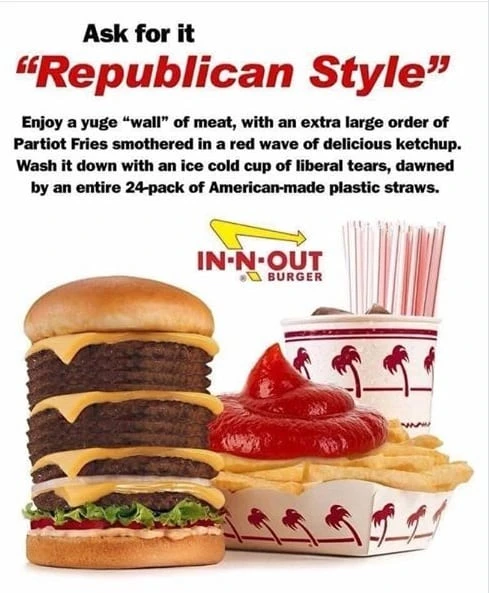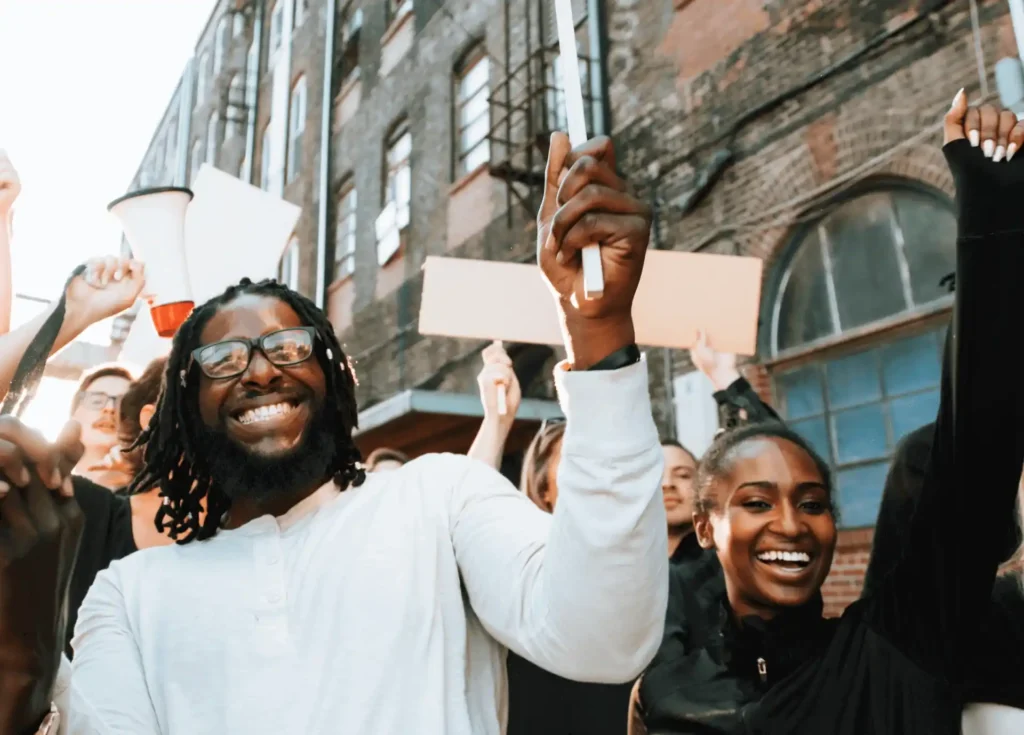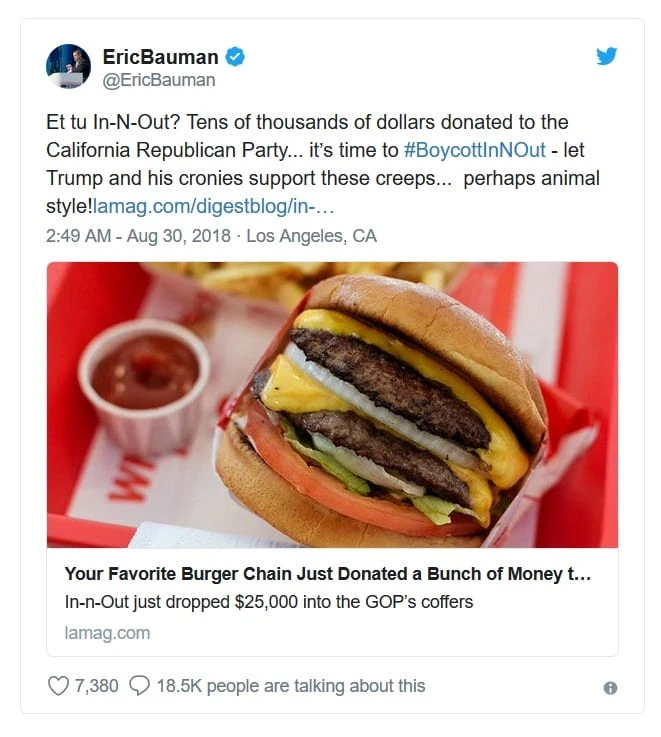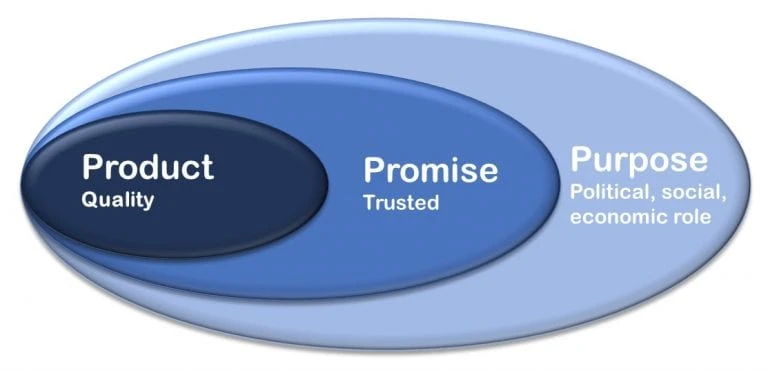By Lisa Merriam
Boycotting brands for political reasons is becoming more and more common.
Does who you vote for impact the burgers you eat? Of course, according to the chairman of the California Democratic Party. When a fast food chain gives money to the other side, move over Chick-fil-A, its definitely time to #BoycottInNOut (even though the company gives equally to both parties.)
With so many brands being boycotted for so many reasons, it is hard to know what brand to buy. Various organizations helpfully provide databases, like the left-leaning #grabyourwallet spreadsheet and this list of companies to shun for supporting the liberal agenda. If you are not sure which side you are on, boycott Amazon–they are on BOTH lists.
Brands today are much more than a mere guarantee of quality. Because they attract attention and symbolize more than a product, brands are a powerful political tool that can be co-opted to dramatize a position. When he announced a boycott of US electronics, Turkey’s President Tayyip Erdogan singled out Apple iPhones and urged people to switch to the Turkish brand Vestel Venuüs. The problem is that the Apple share of market dwarfs the Turkish brand, 17.41% to 2.08%. While some Turks posted videos of themselves smashing their iPhones, it’s an expensive proposition for most. Thankfully there is an app for that, so you can smash your iPhone on your iPhone!
Brands that lay claim to a purpose beyond their product and promise are more prone to brand reputation damage when they do something that clashes with their core values.
Starbucks CEO Howard Schultz famously said: “We’re not in the coffee business serving people, we’re in the people business servicing coffee.” The Starbucks corporate philosophy speaks to a “culture of warmth and belonging where everyone is welcome,” and talks about connecting with “dignity and respect.” Those values, a prominent part of its brand, were violated by Starbucks employees who called the police to arrest two black customers in Philadelphia. That is why #BoycottStarbucks had such resonance.
Most efforts at boycotting brands have little lasting impact. Their growing ubiquity may further blunt their impact. And when called for a frivolous offense, boycotts can actually help the other side score persuasion points. The In-and-Out Burger boycott has failed to sizzle. The Los Angeles Times quotes a Democrat customer saying the boycott is “silly” and a Republican promising to eat there more. On social media, Republicans have seized on this particular boycott to effectively ridicule Democrats:




















